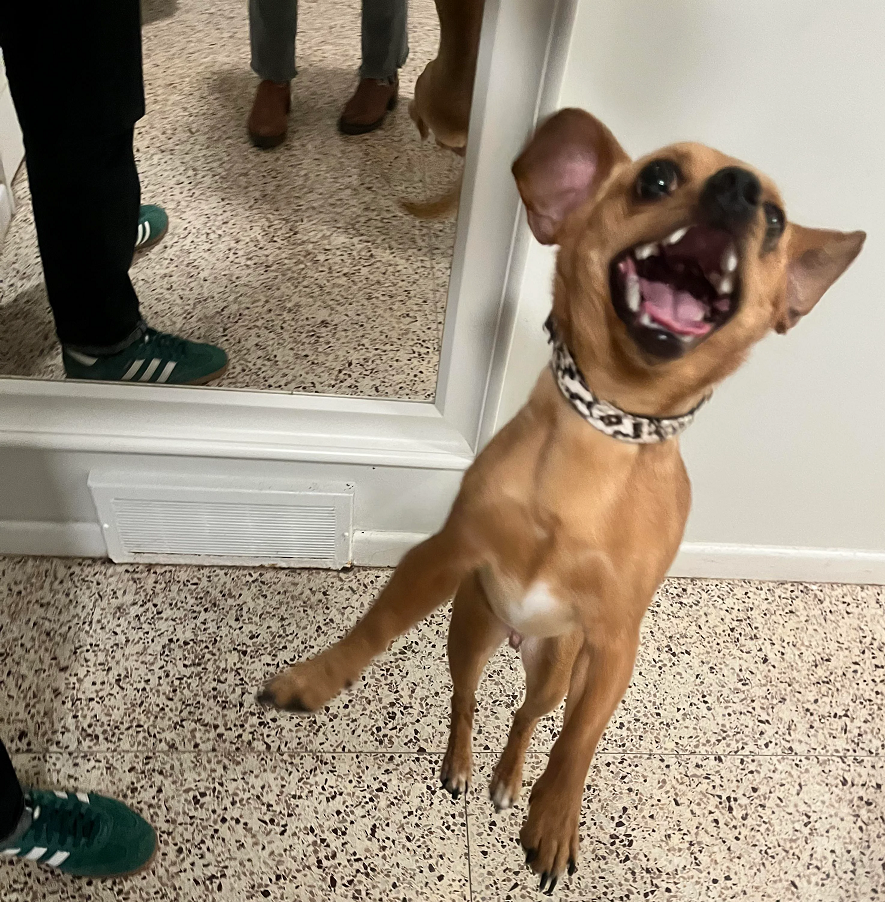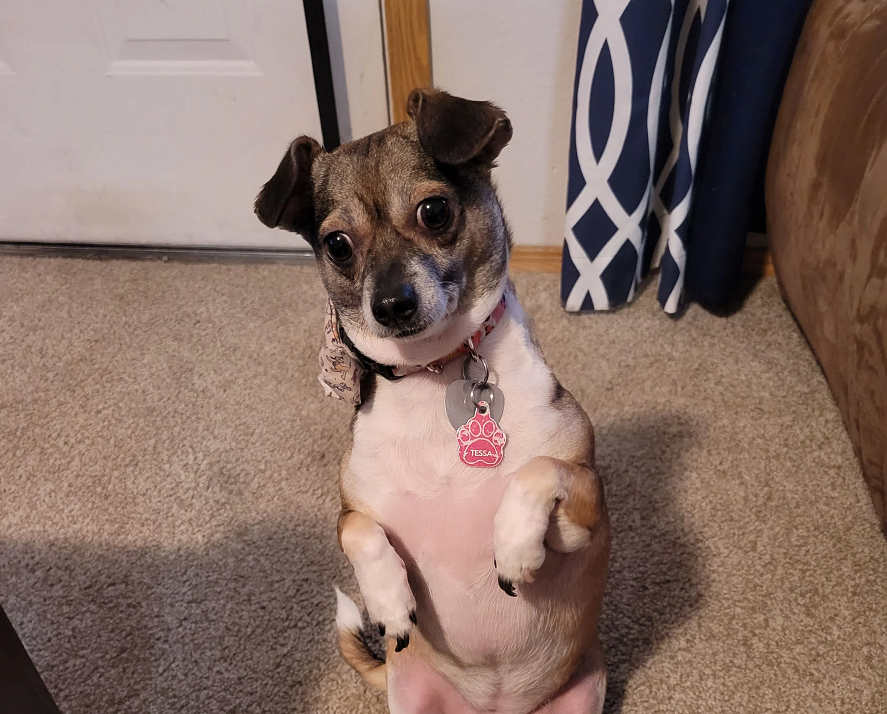If you’re considering welcoming a Chiweenie into your family, you may have concerns about their respiratory health. In this article, we will explore the factors that contribute to Chiweenies’ breathing and address common concerns, including reverse sneezing.
Chiweenie Breathing
Chiweenies, a mix of Chihuahuas and Dachshunds, generally have a healthy respiratory system. However, their unique physical characteristics, inherited from their parent breeds, can make them prone to certain respiratory issues. Here’s what you need to know:
Brachycephalic Features
Some Chiweenies may inherit brachycephalic traits from their Chihuahua lineage. Brachycephalic breeds have short muzzles, flat faces, and compressed airways, which can affect their breathing. However, unlike purebred brachycephalic dogs, Chiweenies tend to have longer muzzles, reducing the severity of potential breathing problems.
Exercise and Overexertion
Chiweenies may experience breathing difficulties when they overexert themselves during vigorous exercise or in hot and humid weather. As responsible owners, it’s essential to provide them with regular exercise while being mindful of their limitations.

Reverse Sneezing
Chiweenies, like many small dog breeds, are prone to a phenomenon called reverse sneezing. This is a rapid, forceful inhalation that can appear alarming but is generally harmless. Reverse sneezing occurs when the soft palate becomes temporarily irritated or slightly misaligned, leading to spasms and snorting-like sounds. It often resolves on its own within a minute or two, and gentle massaging of the throat or offering a drink of water can help alleviate the episode.
Promoting Respiratory Health in Your Chiweenie
While Chiweenies may not have inherent breathing problems, it is crucial to promote their overall respiratory health. Here are a few tips to help keep your Chiweenie’s breathing optimal:
- Weight Management: Maintain a healthy weight for your Chiweenie to prevent excess strain on their respiratory system. Obesity can exacerbate breathing difficulties, so monitor their diet and provide regular exercise to keep them fit and in good shape.
- Regular Vet Check-ups: Schedule regular veterinary check-ups to monitor your Chiweenie’s respiratory health. Your veterinarian can assess their breathing, screen for any potential issues, and provide appropriate guidance.
- Avoid Smoke and Irritants: Protect your Chiweenie from secondhand smoke, chemical fumes, and other respiratory irritants, as they can trigger breathing problems. Keep their environment clean, free of airborne pollutants, and provide proper ventilation.
- Environmental Conditions: Be mindful of temperature extremes. Chiweenies may be sensitive to extreme heat or cold, which can affect their breathing. Provide a comfortable living environment with appropriate temperature control.
- Stress Reduction: Minimize stress in your Chiweenie’s life, as anxiety or heightened emotions can impact their breathing. Create a calm and secure environment, and provide positive reinforcement training to help manage any behavioral triggers.

What’s the Verdict?
While Chiweenies, a mix of Chihuahuas and Dachshunds, generally do not have significant breathing problems, they can be prone to certain respiratory issues due to their physical characteristics. Understanding the potential challenges they may face and taking proactive measures to promote their respiratory health is essential. By maintaining a healthy weight, ensuring a safe and comfortable environment, and seeking regular veterinary care, you can help your Chiweenie thrive and enjoy a happy, active life.
It’s also important to familiarize yourself with reverse sneezing, a common occurrence among small dog breeds like Chiweenies. Recognizing the signs and understanding its harmless nature can provide reassurance and help you support your Chiweenie during these episodes.
Remember, if you have any concerns about your Chiweenie’s breathing or overall health, consult with a qualified veterinarian who can provide personalized advice and guidance.
TBD

